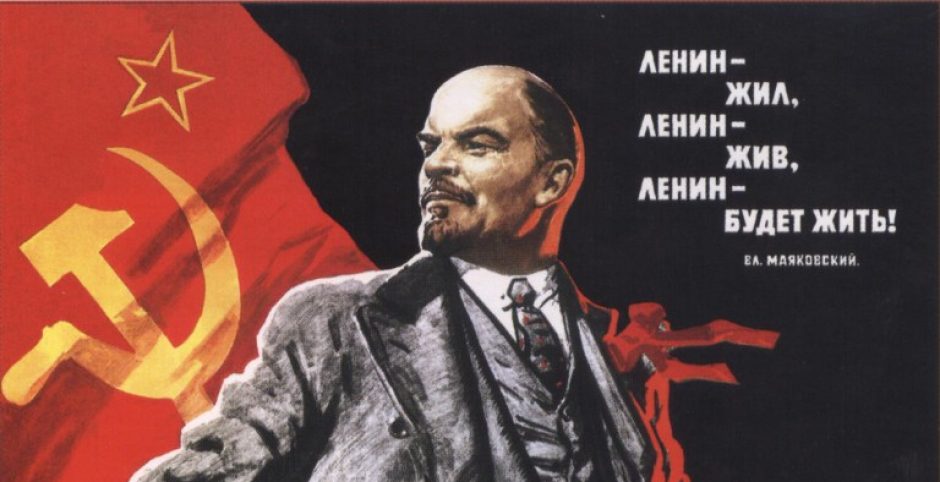The revolutionaries described in this chapter are, by and large, not very impressive. They never seem to have much understanding of the political situation in Russia and what it would actually take to accomplish real change or build a revolutionary movement. They come across as so obsessed with overthrowing the Tsar as soon as they can that they fail to envision any realistic means of doing so, or what would come after. One gets the sense that some of these revolutionaries began to care more about eliminating (or, failing that, merely hurting) the Tsarist state rather than helping people.
The failure of “going to the people” strikes me as emblematic of some of the worst tendencies of these movements. The idea of taking to the countryside and attempting to spread revolution amongst the populace sounds promising; it is easy to see why so many were taken with it. However, when the peasants did not react as expected, one gets the sense from reading Saunders that most revolutionaries gave up on the idea altogether. Some, most notably Lavrov, did attempt to learn from these failures, but many so-called populists seemed remarkably unconcerned by the fact that they could not sell their ideas to the people. They simply wanted revolution now.
Vera Figner’s memoirs demonstrate this delusional mindset perfectly. As she describes it, The Will of the People had a focus on killing the Tsar that was almost like tunnel vision. For them, killing the Tsar was unquestionably a good thing that could only result in the further advancement of their goals. After the assassination, she is blind to the fact that all she and her comrades have done is replace the old Tsar with an even worse new one. The Will of the People even seem to have thought that the new Tsar might have been open to some of their new ideas after they had killed his father. The Will of the People, in the end, were far more concerned with bringing the Tsar down than with raising the people up. This leads me to wonder; were The Will of the People and their fellow travelers genuinely revolutionaries who lacked patience, or were they simply terrorists with a grudge against the state?

In reading Figner’s memoirs I couldn’t help be reminded of the Decembrists – composed largely of middle-/upper-class Russians and organizing secretly, much to the ignorance of the peasantry. The People’s Will were a clandestine group, organizing within “a net of secret societies” (Figner, 74) and, as we discover, comprising largely of nobility (Rysakov, Perovskya and Figner). Interestingly, in describing Perovskya’s childhood, Figner suggests that it was her familial class (or resistance to it) that helped politicize her: “when [the institution of serfdom] was introduced into family relations, it frequently aroused a protest and aversion to despotism on the part of the children” (105).
If the People’s Will were genuine revolutionaries they were still, like the Decembrists before them and – to some extent – the Bolshevik vanguardists after them, a group of elites acting in the name of, but largely exterior to, ‘the People.’ While the revolutionary moment created and described by Figner was more significant than that of the Decembrist revolt, it does appear to have had little effect on the condition of ‘the People’: Figner describes the apparent confusion of the peasantry upon learning of Alexander’s assassination and somewhat blindly suggests that, no matter how the peasantry interpreted the situation, the assassination “made certain or probable an alliance between the people and the revolutionary struggle” (114).
I feel like the large cultural divide between the peasant classes and the nobility was probably the determining factor in keeping a successful revolution from happening. I also think the intelligentsia recognized that they were part of the out-group and felt that they weren’t able to connect with their own people and so created doctrines like narodnost, sobornost, and pochvennichestvo in order to rejoin themselves with the soil of the Russian peasantry and further their revolutionary aims. Nevertheless, their movements still largely failed, despite their intellectual efforts to join themselves ideologically with the peasants. However, they could not claim to represent the vast majority of the peasants in actions like assassinating Alexander, to be “acting on behalf of people other than themselves” (Saunders 311). Figner claims to have substituted “the will of the people for the will of one man” (70), but still relied on one-man terrorist-anarchist attacks that would have horrified many peasants. While we are not presented with peasant reactions to events like the assassination or attacks on the Winter Palace, it seems the The narodnost of Tsar Alexander’s slogan “Orthodoxy, Autocracy, Nationality” was not as inseparable or discrete for the peasants as it was for the Populist-Socialists. In addition, the movement was largely statist, or at least viewed the state as its central target of reform and attack. Especially the Will of the People, who “set greater store in taking over the state machine than abolishing it…their prime concern was the acquisition of force” (Saunders 336-7), did not ‘go to the people’, but rather concentrated all their energies on the state. While the political conditions of Russia at the time may have made it not possible for the populists to aid the people in education, loans and economic aid, and other tangible services, even the anarchists fell into the tradition where “the concept of involvement became indelibly associated with the concept of regicide” (Saunders 338). In their high-level top-down approach, they could not have actually ‘gone to the people’.